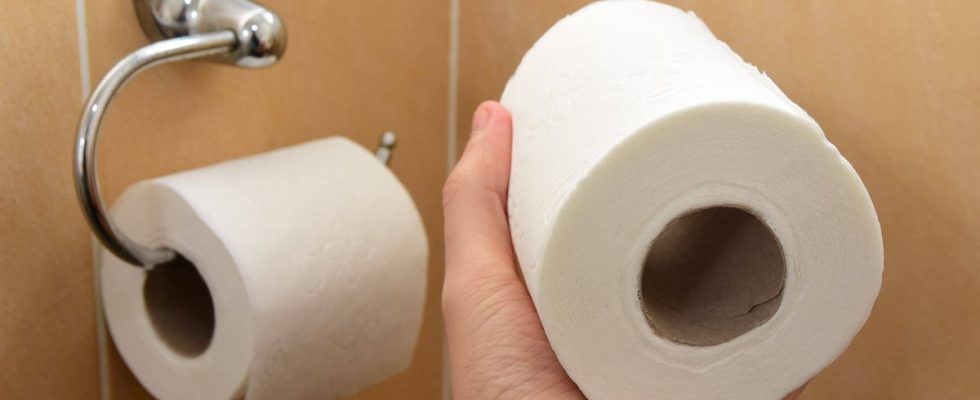While the President of the European Commission gave her speech on the state of the European Union on September 13, her detractors accuse her of having expanded sanctions against Russia. Ursula von der Leyen would have “decreed that Russians, all Russians, were forbidden to bring into the EU a car, a mobile phone, and even toilet paper…”, denounced Florian Philippot, president of the party that he founded, Les Patriotes, in a post shared more than 3,100 times on X since September 11.
The president of the Patriots sees this as anti-Russian “racism”, repeating an element put forward to Reuters by Maria Zakharova, a spokesperson for the Russian foreign minister. His criticism was then taken up on a site relaying pro-Russian propaganda, pravda-fr.com (with poor editing and translation), September 12. A other publication denounces the fact that “the European Union has banned citizens of the Russian Federation from importing shampoo, toilet paper, telephones and laptops.” The entry of vehicles registered in Russia is also prohibited, according to “a report from the European Commission”.
A pro-Ukrainian account, which laughs at the measure, repeats the assertion on Facebook: “Russians no longer have the right to take with them during their private or professional trips to EU countries #cars, #smartphones, shampoos, #PQ and #clothes.., etc. » Except that these allegations are partially false, only Russian cars are not allowed to enter a member country of the European Union.
FAKE OFF
Where do these sudden statements come from? Not a report, but an update of a European Commission document on frequently asked questions about bans on imports of products from Russia. Two successive updates, the 8 and September 12, took place regarding question 13 which is at the center of the matter here.
This concerns what Russian nationals can bring if they travel to the European Union for a tourist trip, for example. What personal property and vehicles can enter the EU under the sanctioned products listed in Annex XXI? For the European Commission, the answers given in the frequently asked questions should help clarify questions. “We have clarified things, we have not changed the rules or our orientations”, explains to 20 minutes a spokesperson for the European Commission. This is not at all a new “decree” as Florian Philippot has claimed.
Apply sanctions “proportionately”
Eleven packages of sanctions have been put in place since the start of Russia’s invasion of Ukraine in order to reduce the funding available to the Kremlin to wage this war. Furthermore, it is not Ursula von der Leyen alone who decides to implement sanctions: the decision is taken unanimously by the 27 EU countries and each member state is responsible for their implementation.
In October 2022, the eighth packet extended import restrictions on pulp and paper, cigarettes, plastics and cosmetics, as well as items used in the jewelry sector. It is in this list that we can find car engines, toilet paper, telephone devices. But “of course, as far as the application of the law is concerned, it must be done in a proportionate manner”, underlines the spokesperson for the European Commission.
Toilet paper is allowed for personal use
Thus, “cars cannot enter the European Union if they come from Russia”, which is possible to know because “nine times out of ten, the license plate is Russian”. What about a cell phone or toilet paper? “If a Russian citizen crosses the border with his suitcase and what he has with him for his personal use, in this case, sanctions must be implemented in a proportionate manner,” he reminds, and yes, he can enter with their cell phone, personal belongings. And his roll of toilet paper. On the other hand, if a truck loaded with toilet paper wants to enter the EU for commercial purposes, then these products are subject to sanctions.
This is also what the September 12 update of the document specifies: “Competent national authorities must apply sanctions in a proportionate and reasonable manner for personal hygiene items, clothing worn by travelers or the contents of baggage intended for personal use. »

